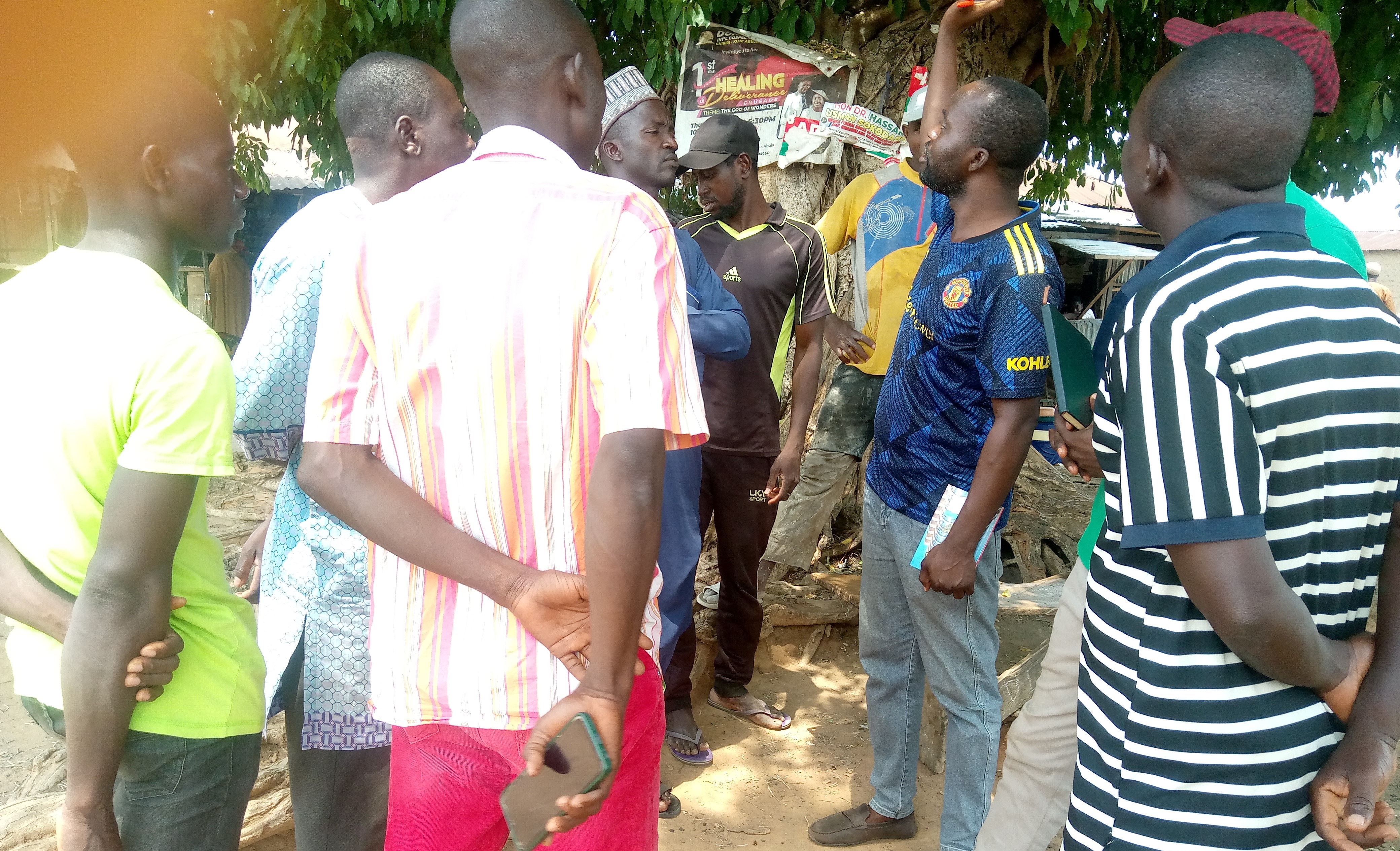Our experience has shown that poor funding is making environmental justice Organizations struggle in their climate justice advocacy. This poses a challenge to them, making them not to effectively carry out evidence-based advocacy and analysis that will help to communicate Climate Change in a way that will resonate with the people for adaptation and resilience actions.
Climate justice advocates in Nigeria have difficulties getting their messages across to the people who need to be educated on these issues. This is because, climate change issues hardly get a huge audience and that makes it struggle to find interest in media houses, rather they opt for corruption, politics, entertainment, and crime reports.
The Nigerian state in its National Climate Change Policy 2021-2030, shows a very ambitious move to addressing Climate Change. The country launched and issued Green Bond as an alternative way of raising funds for climate finance targeting $250 million.
The country in the last three years claimed to have made investments in Climate Change. However, there are no concrete efforts from the government targeting advocacy, with set targets and measurable impacts.
We consider investment in climate justice advocacy fundamental because citizens’ awareness is key to addressing climate change. We appeal to the United Nations and other development partners working to address climate change issues to identify and work with local partners within the media and Civil Society Organizations (CSOs) to undertake citizens’ awareness of climate change.
Citizen’s awareness will lead to changing beliefs and behaviors towards climate change. It will also help them to make informed decisions that will encourage mitigation and adaptation.
Through our “Community Voice Project” at MAWA-Foundation, we work to help the rural population in FCT-Abuja, Nigeria’s capital city understand climate change and its impacts. And, also counter the common narratives that Climate Change is not real. Together with the locals, we have created a “Climate Change Network” targeting over one million rural populations yearly.
We hope to scale up the awareness to community radio for wider reach and impact. And, by 2025 a huge number of FCT residents will have a good knowledge of climate change.
Citizens’ responses to climate change
We consider building citizens’ capacity to understand Climate Change vital because, in our “Climate Justice Advocacy Project” our engagements with the citizens, particularly the rural dwellers, we found that a good number of them consider Climate Change a scam. Some see it as a narrative pushed by the government to misappropriate public funds under the guise of addressing what does not exist.
How the government should handle climate change communication
The government must adopt participatory communication in Climate Change education and advocacy. The locals to whom the messages are targeted must play a critical role in its design and dissemination. In message dissemination, the government must strive to find out and make use of the most trusted medium of communication by the communities.
What to do in Climate Change Communication
In Climate Change communication and advocacy, modern means of communication are not enough, there is a huge number of the target audience that will understand the message well through local languages. In the adoption of local languages, town criers, focused group discussions, town halls, and age-grade meetings have proven to be the most appropriate means of communication.

